Reviewed by Julianne Ngirngir
Google just dropped something that caught my attention — and honestly, it's about time. While we've all been obsessing over camera megapixels and battery life, Google quietly launched Pixel Journal, a dedicated journaling app that's making Apple's two-year-old Journal app look surprisingly basic. Here's the thing: this isn't just another note-taking app with a fancy name. It's Google betting big that your phone should care about your mental wellbeing as much as your productivity — starting at $799 with the Pixel 10 series and powered by the new Tensor G5 chip.
What you need to know:
Pixel Journal uses on-device AI to generate personalized writing prompts based on your habits and goals
The app analyzes your writing patterns to provide insights about mood, frequency, and progress over time
Currently exclusive to Pixel 10 series, but Google may expand to older Pixel devices
Launches nearly two years after Apple's Journal app debuted with iOS 17
What makes Pixel Journal actually useful
Let's be honest — most of us have tried journaling and failed spectacularly. Google seems to get this. Pixel Journal doesn't just give you a blank page and wish you luck. Instead, it uses on-device AI to suggest writing prompts based on your memories, past entries, or personal goals you've set up.
But here's where it gets genuinely smart: the behavioral pattern recognition. TechCrunch reports that the app analyzes your writing patterns to show insights like when you typically write, your longest entries by word count, and how many entries you complete monthly. Think of it as Spotify Wrapped, but for your mental health journey.
What separates this from simple analytics is how Google uses emojis to tag the overall tone of entries, letting you track emotional patterns over time. Instead of just counting words, it's identifying when you write about stress spikes, celebrating wins, or processing difficult emotions. That's genuinely useful data most people never think to collect about themselves.
Plus, you can enhance entries with photos, locations, and activities — not just text. The AI doesn't just prompt you to write; it helps you connect the dots between your environment, activities, and emotional state in ways that might surprise you.
How it stacks up against Apple's approach
Apple deserves credit for getting here first. The company announced Journal at WWDC 2023 and launched it with iOS 17.2, using on-device machine learning to create personalized suggestions from photos, location data, music, and workouts.
But Google's timing reveals a strategic advantage — they've watched Apple's implementation for nearly two years and learned from user feedback. Apple jumped on the mental health app trend when it was trendy; Google's entering when their Gemini integration has matured enough to make AI assistance genuinely helpful rather than gimmicky.
The philosophical difference is telling. Apple's approach treats journaling like digital diary-keeping — you write, it suggests topics, mission accomplished. Google's AI-powered reflection feature offers perspective on your wellbeing based on what you've shared, functioning more like a mindful companion that notices patterns you might miss.
Both companies use on-device processing for privacy, but Google's Gemini integration enables more sophisticated analysis without compromising security. Apple's isolated approach keeps data local but limits the depth of insights possible.
Why this matters for your daily routine
Here's what struck me about Google's broader strategy: they're not trying to add another productivity tool to your digital arsenal. Between endless social feeds and apps that make you feel like a human task manager, there's something refreshing about software designed specifically for slowing down and reflecting.
The psychology behind this is smarter than it appears. Traditional habit-forming apps use streaks and badges — external motivators that fade quickly. Google's leveraging intrinsic motivation by showing you patterns in your own thoughts and emotions. When you see that you write longer entries after stressful days, or that certain activities consistently improve your mood, you're learning about yourself rather than just checking boxes.
This connects to Google's "ambient computing" philosophy — technology that's helpful without being intrusive. As they've rolled out features across Pixel devices, the focus has been on understanding context and providing assistance at the right moments. Pixel Journal extends this thinking to mental wellness, offering gentle nudges toward self-awareness without making reflection feel like another chore.
Where Google goes from here
Right now, Pixel Journal is exclusive to the Pixel 10 series, which starts at $799. That's smart hardware differentiation, but it also limits who can benefit from what seems like genuinely useful mental health tooling.
Given Google's track record with Pixel Drop rollouts, I'd bet on seeing Pixel Journal hit Pixel 8 and 9 series phones within six months. The bigger strategic question is whether Google will eventually bring this to the broader Android ecosystem — and how Apple responds to the competitive pressure.
This isn't just about catching up in the journaling space. Google's demonstrating that their ecosystem approach to AI can deliver more sophisticated insights than Apple's device-centric strategy, potentially forcing Apple to rethink how Journal integrates with their broader health and wellness initiatives. Given Apple's massive investment in health tracking through Apple Health and Apple Watch, a more comprehensive mental wellness response seems inevitable.
PRO TIP: If you're already using Apple's Journal or another app like Day One, don't feel pressure to switch immediately. The best journaling app is the one you'll actually use consistently — but Google's approach is worth watching if you've struggled with maintaining the habit.
The real story here isn't just about Google catching up to Apple in the journaling space. It's about tech companies finally recognizing that our phones should support mental wellbeing as intentionally as they support productivity. And honestly? It's about time.






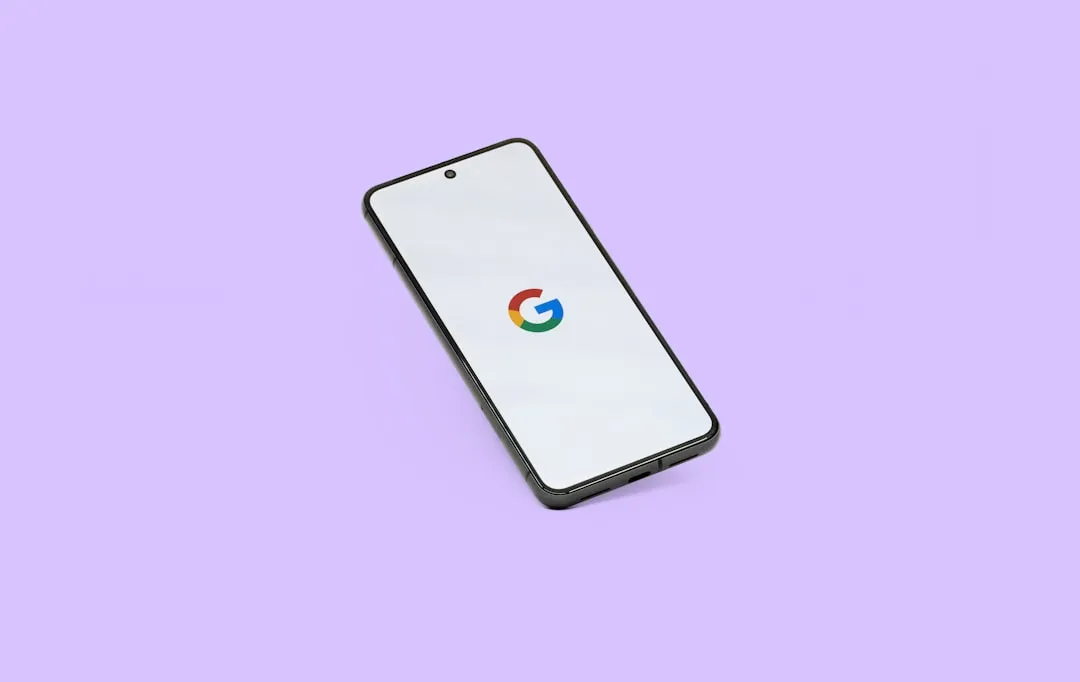
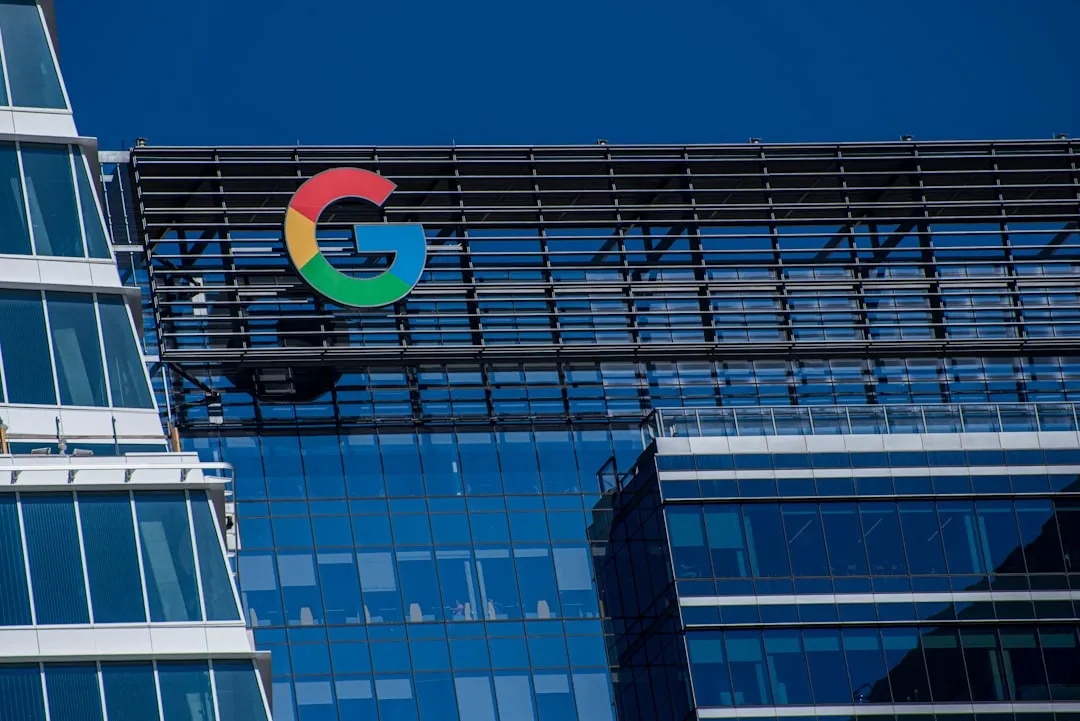
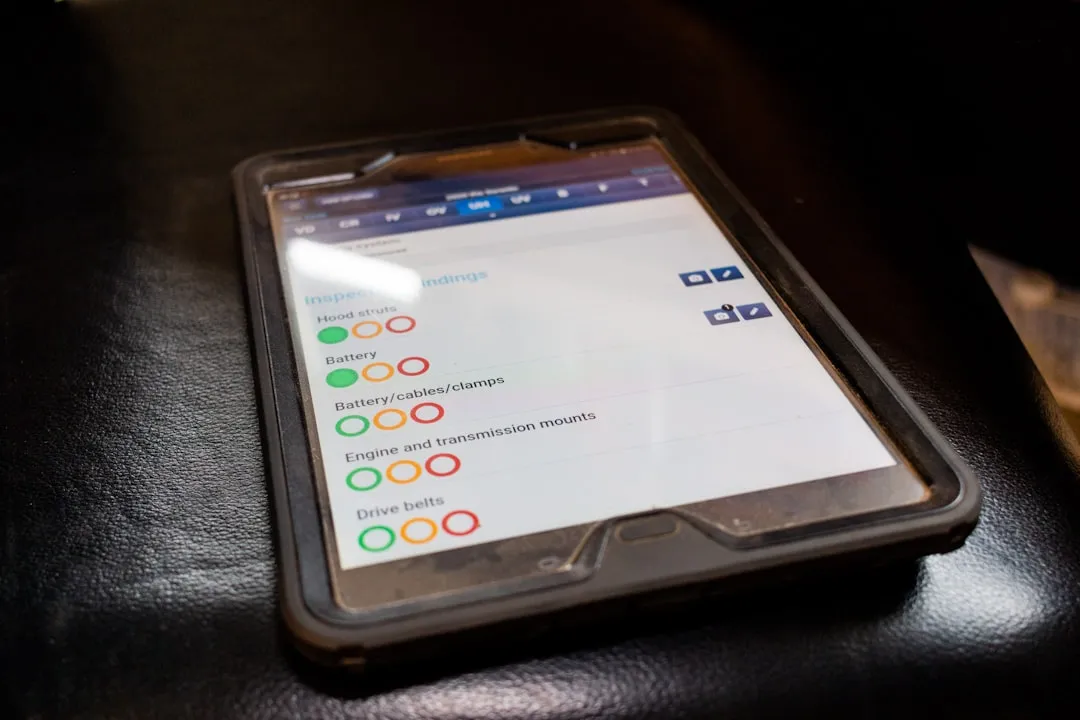







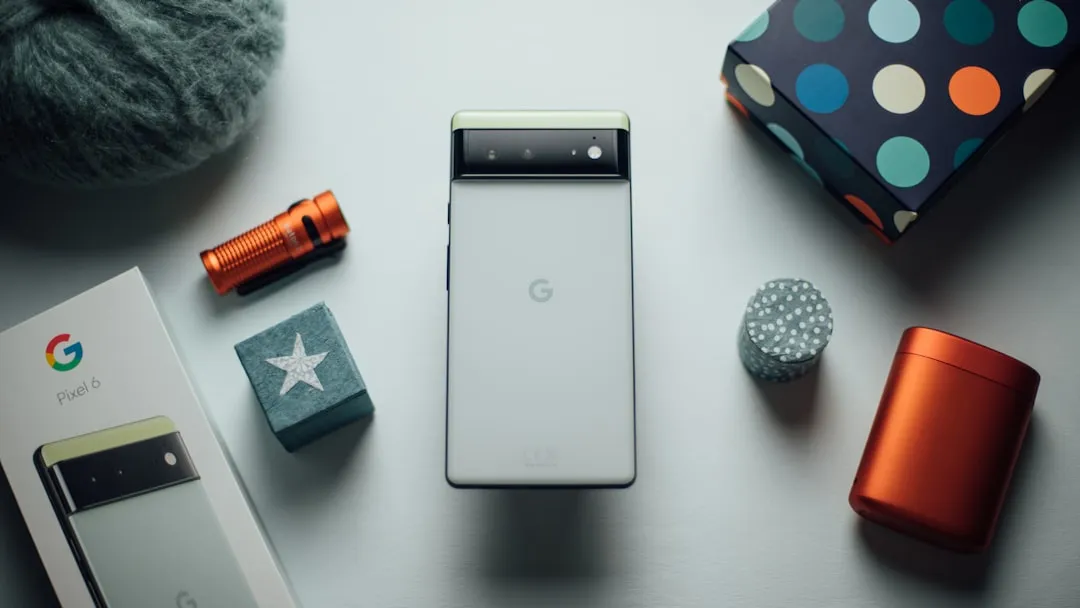

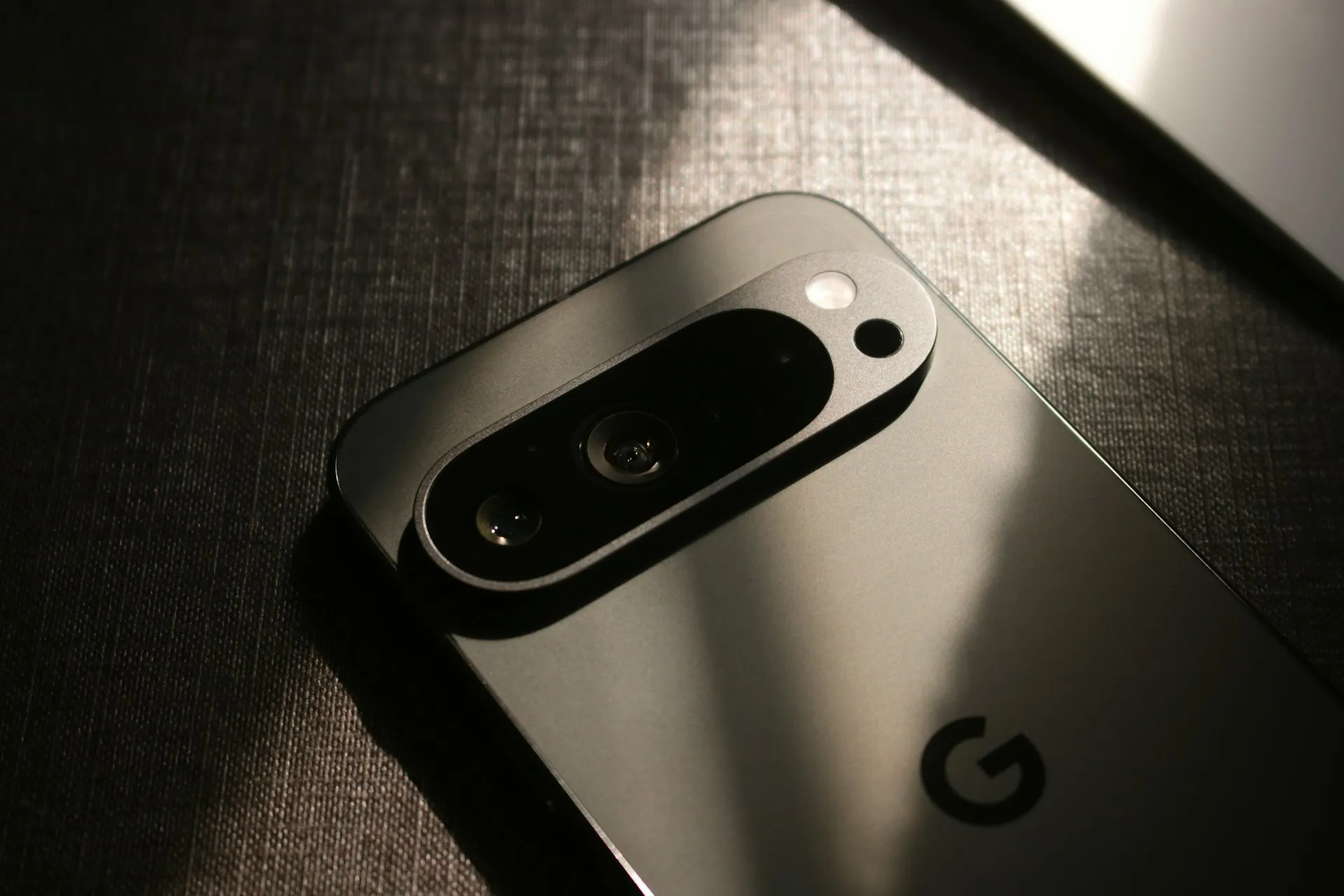
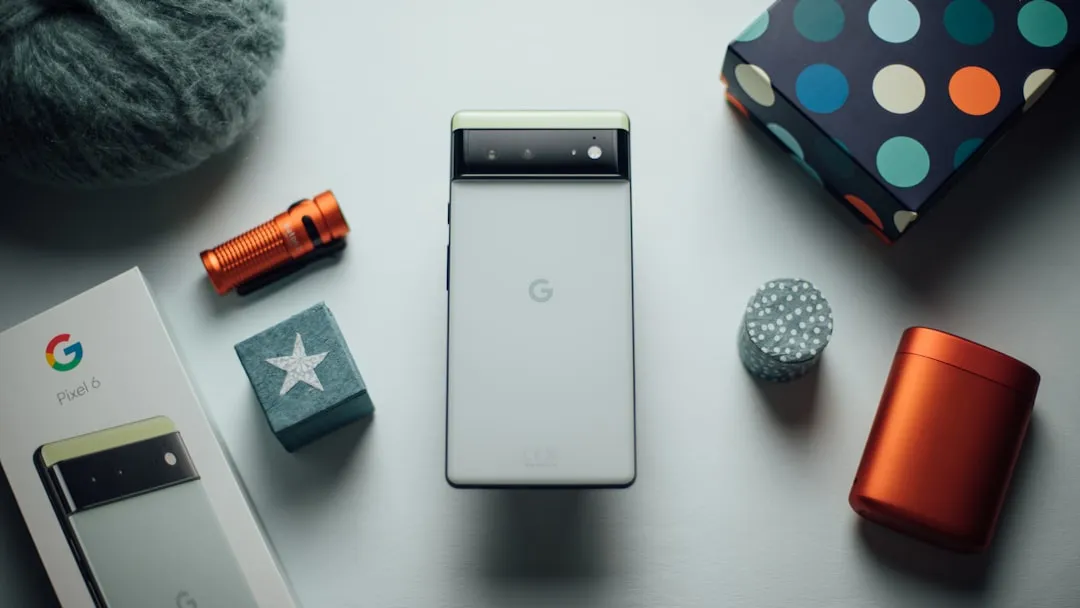
Comments
Be the first, drop a comment!